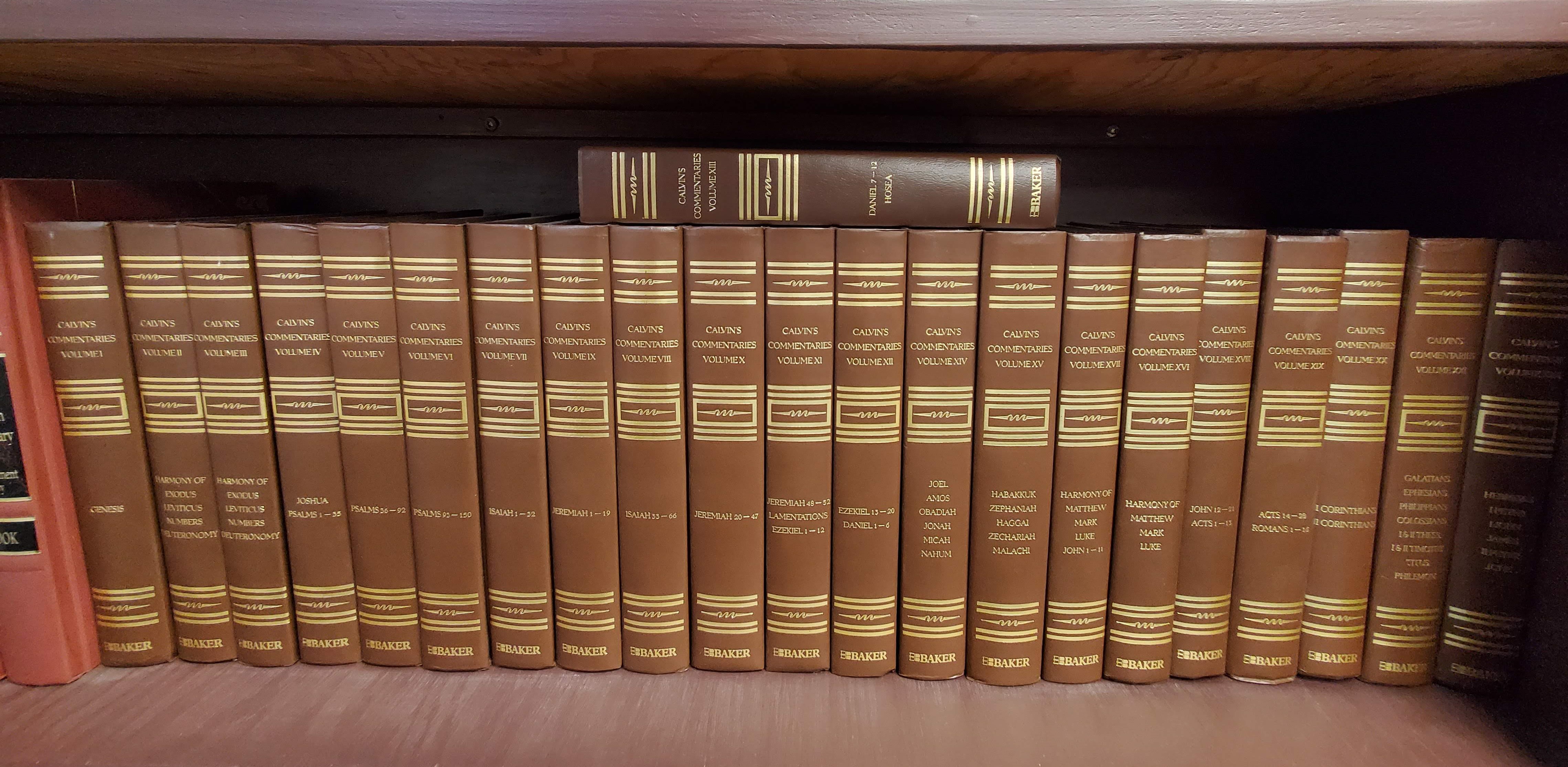“Some trust in chariots and some in horses,
but we trust in the name of the Lord our God.”
(Psalm 20:7, ESV)
Assurance, reassurance, comfort, solace, relief, plus numerous other words convey the potential sway of biblical texts like this. Why do I say potential sway? Simply, these words are not magic. The potential impact is contingent upon how the reader allows them to penetrate their heart.
However, it is possible to read the Bible as though it were pixie dust. Sprinkle a little here, sprinkle a little there—voila-presto-chango—instantaneous blessings. Reading the Bible or speaking it as an incantation or spell is misguided at best. At worst it’s a faithless act, carried over from pagan practice.
So then, how should we read them? How should the Word of God be used? First, these words convey a magnificent truth regarding the locus of the psalmist’s faith. His faith is located in the Lord our God. His poetic expression is comparative—some do this, while we do that. The comparison can be imported into our own faith—some trust in their government, but we trust in the Lord Jesus.
Second, take them as an encouragement to our faith. David is the psalmist here. His expression is fit for those whose trust is in their own military might or something other than God. While there are songs about his prowess as a warrior, he did not trust in those things, but his trust was firmly planted in the Lord God.
Take the time to read Psalm 20 today. Read it as God’s Word to His people, as an encouragement to place our prayerful trust in Him alone. The dynamic of trusting in God and not self or circumstance is never simple to navigate. Use this passage as an ever present reminder of where our help comes from.

Write a Comment
Comments for this post have been disabled.